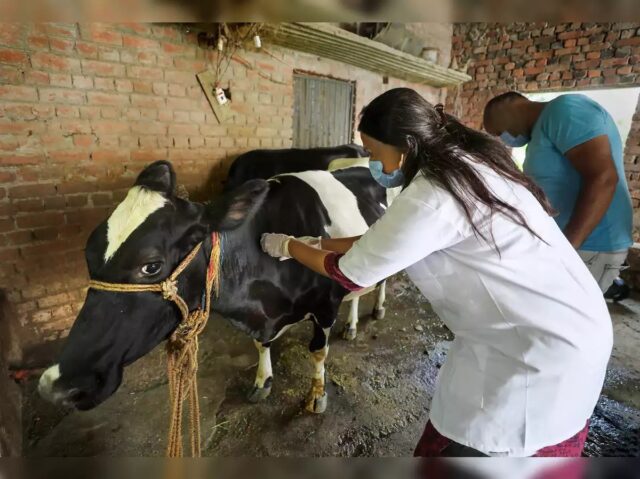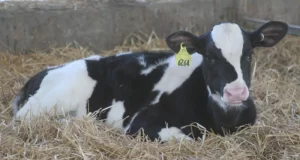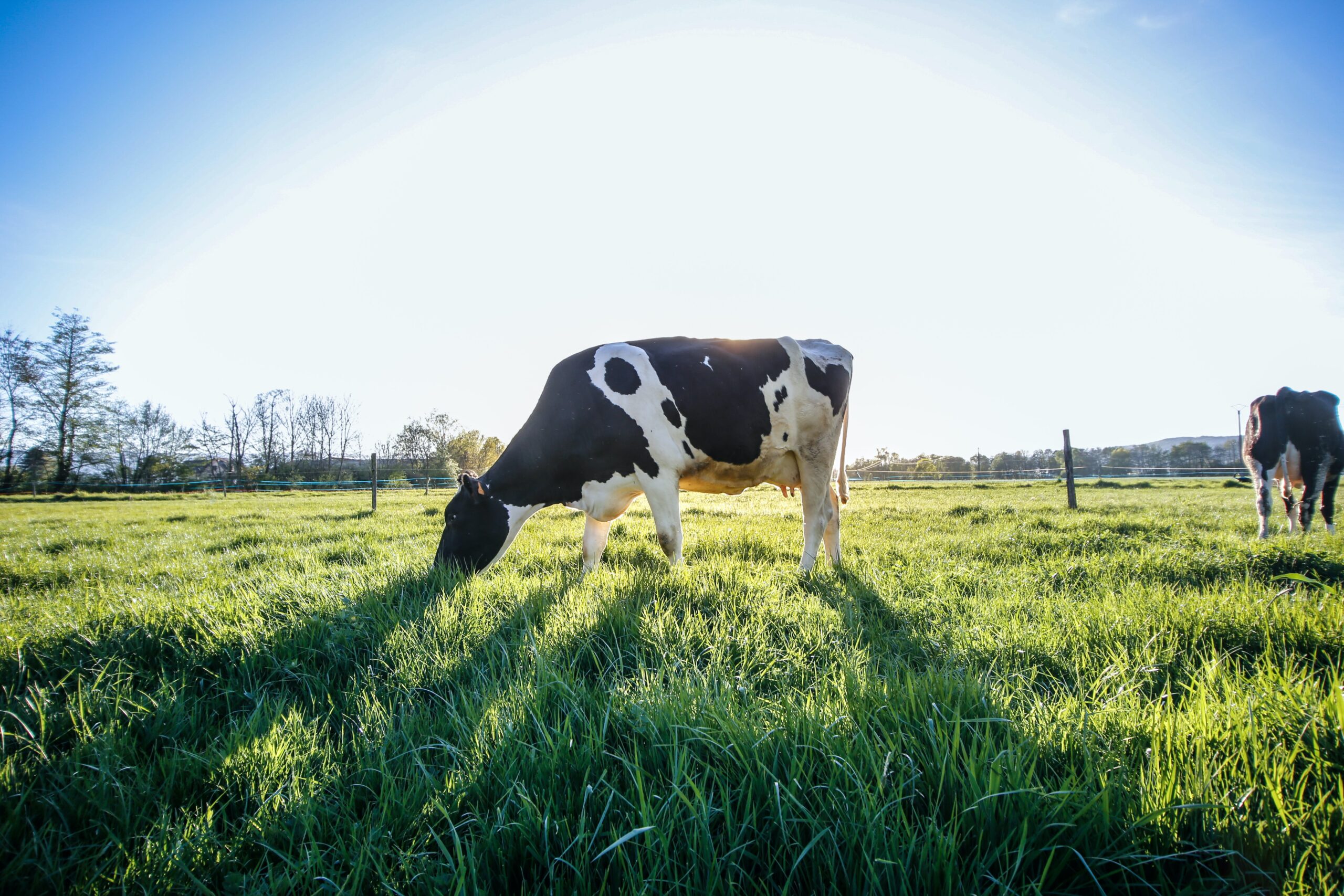
Shielding Herds: The Vital Role of Vaccination in India’s Livestock Industry
The livestock industry is a crucial component of India’s food production, contributing significantly to economic stability, rural development, and nutrition. However, infectious diseases pose a constant threat to the health and productivity of livestock, potentially leading to devastating economic losses and food insecurity. One of the most effective strategies for combating these threats is vaccination. Through well-planned immunization programs, Indian farmers can protect their animals, enhance productivity, and contribute to national food safety.
The Importance of Vaccination in Disease Prevention
Livestock diseases such as foot-and-mouth disease, brucellosis, bovine respiratory disease, rabies, and Newcastle disease can spread rapidly, leading to high mortality rates and economic losses. Vaccination provides a proactive approach to disease management by stimulating the immune system to recognize and combat pathogens before an infection occurs.
In India, where a large portion of the population depends on livestock for their livelihood, controlling disease outbreaks is crucial. Vaccination minimizes the need for emergency responses, such as culling infected herds or imposing trade restrictions. It also aids in eradicating certain diseases, as seen with rinderpest, which was officially declared eradicated in 2011 due to extensive global and national vaccination efforts.
Economic Benefits of Vaccination
The economic impact of livestock diseases extends beyond direct losses from animal deaths. Farmers incur significant costs in treating sick animals, managing outbreaks, and handling reduced productivity. Vaccination helps mitigate these costs by preventing infections, reducing veterinary expenses, and ensuring stable production levels.
Moreover, disease outbreaks often result in trade restrictions that can cripple entire industries. India, being one of the largest producers of milk and meat, can gain a competitive advantage in the global market through robust vaccination programs. Ensuring that livestock products meet stringent health standards leads to increased export opportunities and economic growth.
Improved Animal Welfare and Productivity
Healthy animals are more productive, yielding higher milk, meat, and egg outputs. Livestock diseases often cause stress, malnutrition, and decreased fertility, ultimately reducing farm efficiency. Vaccination ensures that animals remain in optimal health, leading to improved reproductive performance and longer lifespans.
Animal welfare is a growing concern among Indian consumers, who demand ethically raised livestock. Vaccination contributes to humane farming practices by reducing the need for painful medical interventions and lowering mortality rates. By prioritizing disease prevention, Indian farmers can maintain ethical and sustainable livestock operations.
Reducing Antibiotic Dependence and Combating Antimicrobial Resistance (AMR)

The overuse of antibiotics in livestock farming has contributed to the rise of antimicrobial resistance (AMR), posing a significant threat to human and animal health. Preventing diseases through vaccination reduces the reliance on antibiotics, helping to slow the spread of resistant bacteria.
The Indian government and international organizations advocate for responsible antibiotic use, emphasizing preventive measures such as vaccination. By reducing the occurrence of bacterial infections in livestock, vaccines play a crucial role in the global and national fight against AMR.
Enhancing Food Security and Public Health
Zoonotic diseases, which transmit from animals to humans, pose serious public health risks. Rabies, brucellosis, and avian influenza are examples of livestock-related diseases that can affect human populations. Vaccination programs not only protect animals but also safeguard human health by controlling disease transmission.
India’s livestock sector plays a significant role in food security. Stable livestock production ensures a consistent food supply, preventing shortages that could lead to malnutrition and economic instability. By maintaining healthy herds, vaccination supports food security on both local and national scales.
Challenges and Future Prospects
Despite its benefits, vaccination in India’s livestock industry faces several challenges. Inadequate access to vaccines, particularly in remote rural regions, limits disease control efforts. Poor infrastructure, lack of farmer awareness, and high vaccine costs further hinder widespread immunization.
Future advancements in vaccine technology, such as DNA vaccines and thermostable formulations, hold promise for overcoming these barriers. Innovations in delivery methods, including oral and needle-free vaccines, can improve accessibility and effectiveness. Additionally, increased government support and international collaboration are essential in expanding vaccination coverage across India.
Conclusion
Vaccination is an indispensable tool in India’s livestock health management, offering protection against devastating diseases, enhancing economic stability, and promoting food security. By preventing outbreaks, reducing antibiotic dependence, and improving animal welfare, vaccination contributes to a sustainable and thriving livestock industry. To maximize its benefits, stakeholders—including farmers, veterinarians, policymakers, and researchers—must work together to implement comprehensive immunization programs. Investing in vaccination is not merely a precautionary measure; it is a fundamental necessity for the future of livestock farming and national food security in India.


Deepti Arya1, Simran jeet Singh 2 and Niddhi Arora3,
1Veterinary Officer, Government of Uttarakhand,
2PG Scholar, Department of Veterinary Medicine
3Professor, Department of Veterinary Medicine
2,3College of Veterinary and Animal Sciences, GB Pant University of
Agriculture and Technology, Pantnagar, Udhamsingh Nagar, Uttarakhand-263145



















